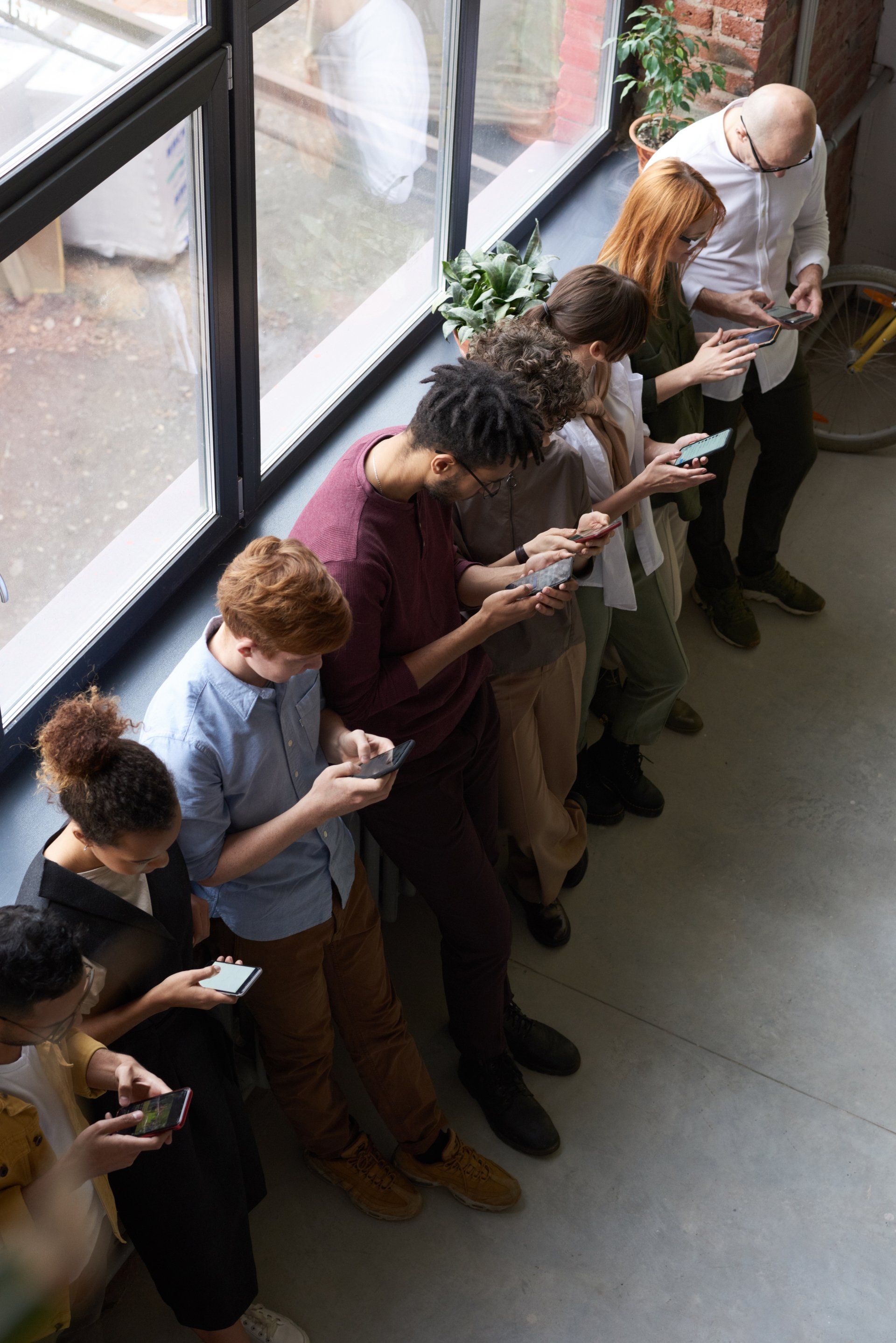NAIDOC Week 7-14 July, 2024, is a time for all Australians to come together and honour the rich history, culture, and achievements of Aboriginal and Torres Strait Islander peoples. As we reflect on this year's theme, "Keep the fire burning! Blak, Loud and Proud," which celebrates the unyielding spirit of our communities and invites all to stand in solidarity, amplifying the voices that have long been silenced, it's crucial to address a pressing issue that affects many Indigenous Australians: mental health.
The State of Mental Health in Indigenous Communities
Mental health issues are prevalent in Indigenous communities at disproportionately high rates compared to the general Australian population. According to the Australian Institute of Health and Welfare (AIHW), Indigenous Australians are nearly twice as likely to experience high or very high levels of psychological distress compared to non-Indigenous Australians. Factors contributing to this disparity include historical trauma, socio-economic disadvantages, discrimination, and a lack of culturally appropriate mental health services.
Cultural Factors and Historical Trauma
The legacy of colonisation, including forced removals, dispossession of land, and suppression of culture, has had profound and lasting effects on the mental well-being of Indigenous peoples. Historical trauma continues to reverberate through generations, manifesting in higher rates of mental health issues such as depression, anxiety, and substance abuse.
Cultural factors play a significant role in the mental health of Indigenous Australians. Strong cultural identity and community connections are protective factors that promote resilience and well-being. However, the erosion of cultural practices and languages can contribute to a sense of loss and identity crises, exacerbating mental health issues.
Barriers to Mental Health Care
One of the significant barriers to accessing mental health care for Indigenous Australians is the lack of culturally competent services. Many mental health services are not designed with Indigenous cultural values and practices in mind, making them less effective or even alienating for Indigenous patients. The AIHW reports that only 27% of Indigenous Australians with mental health conditions access mental health services.
Moreover, the stigma surrounding mental health in many Indigenous communities can prevent individuals from seeking help. Fear of judgement and a lack of understanding about mental health issues contribute to this stigma, further hindering access to care.
Community-Based Approaches and Culturally Safe Services
Addressing mental health in Indigenous communities requires a multi-faceted approach that incorporates cultural safety and community-based strategies. Programs that are designed and delivered by Indigenous people are more likely to be effective, as they are tailored to meet the specific cultural needs of the community.
For instance, the Social and Emotional Wellbeing (SEWB) framework, developed by Indigenous health professionals, emphasises a holistic approach to mental health. This framework recognizes the importance of connection to land, culture, spirituality, family, and community in promoting mental health and well-being.
Community-led initiatives, such as the Healing Foundation, work to address the impacts of trauma and intergenerational grief. These programs focus on healing through cultural reconnection, community empowerment, and building resilience.
Government Initiatives and Policy Recommendations
The Australian government has recognised the need for targeted mental health support for Indigenous Australians. The Fifth National Mental Health and Suicide Prevention Plan includes a specific focus on improving mental health outcomes for Indigenous Australians through culturally appropriate services and community-based approaches.
However, more needs to be done to close the gap in mental health outcomes. Policy recommendations include increasing funding for Indigenous-led mental health programs, improving cultural competence training for all mental health professionals, and ensuring that Indigenous communities have a voice in the design and implementation of mental health services.
NAIDOC Week 2024 provides an opportunity to highlight the importance of mental health for Indigenous Australians and the need for culturally safe, community-driven approaches to care. By acknowledging the unique challenges faced by Indigenous communities and supporting initiatives that promote cultural healing and resilience, we can work towards a future where all Australians have the opportunity to thrive, both mentally and emotionally.
References
- Australian Institute of Health and Welfare. (2020). Indigenous Mental Health. Retrieved from AIHW website
- Healing Foundation. (2021). Our Work. Retrieved from Healing Foundation website
- National Indigenous Australians Agency. (2021). Social and Emotional Wellbeing. Retrieved from NIAA website
- The Fifth National Mental Health and Suicide Prevention Plan. (2017). Retrieved from Department of Health website
By addressing the mental health needs of Indigenous Australians through culturally competent and community-driven approaches, we can help pave the way for a healthier, more inclusive society.
Categories



If you are in a crisis or experiencing suicidal or homicidal thoughts, contact 000 or your local emergency Mental Health service.



Acknowledgement of Country
We Lysn would like to acknowledge Aboriginal and Torres Strait Islander peoples as Australia’s First People and Traditional Custodians. We value their cultures, identities, and continuing connection to country, waters, kin and community. We pay our respects to Elders past and present and are committed to making a positive contribution to the wellbeing of Aboriginal and Torres Strait Islander young people, by providing services that are welcoming, safe, culturally appropriate and inclusive.

Embracing inclusivity & diversity
We Lysn is committed to embracing diversity and eliminating discrimination in health services. We Lysn welcomes all people irrespective of gender identity, sexual orientation, ethnicity, age and faith. In addition, We Lysn is committed to supporting all people to be mentally healthy and engaged in their communities, no matter who they are or where they live. We Lysn to everyone.
